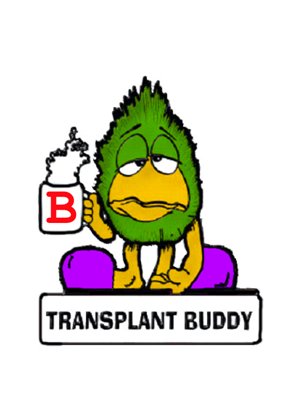What are stressors?
Psychological Stressors
• events perceived as being a threat to you, your well-being or your goals
• often the perception that you will not be able to cope with the threatening events
Types of Stressors
• major life events (ie. death in the family)
• chronic stressful situations (ie. stressful work environment)
• daily hassles
Common Characteristics of Stressors
• overload- events are too intense for people to adapt
• too many things to do--time pressure
• standards for performance are too high
• conflicting decisions must often be made
• uncontrollability of the stressful events
• uncontrollability + overload tend to make for some of the most powerful stressors
How we respond to stress
Mental Arousal--disturbance of normal thinking ability
• difficulty organizing thoughts--mental confusion
• reduced ability to concentrate--easily distracted
• memory impairment
Emotional Arousal--experience uncomfortable or negative moods
• worry or anxiety--especially when anticipating extreme stress
• depression--especially when stress appears to be long term
• irritability or anger--low tolerance for frustration
Physical Arousal--prolonged stress can lead to disease
• increased heart rate and blood pressure
• increased muscle tension
• increased stomach and intestinal activity
Coping With Stress
Mental strategies for coping with stress
• reappraise the situation--positive thoughts will lead to positive results
• is it as bad as you think?
• what are your alternatives for handling the situation?
• self-monitoring--pay attention to yourself and how you feel
• Make the environment less stressful
• gain information about the stressors--what is it that Is stressful?
• change the environment so that you can anticipate stressors and maximize your amount of control
• can others help you?
Reduce physical arousal
• drugs--not a good long-term coping strategy
• physical exercise
• relaxation training



